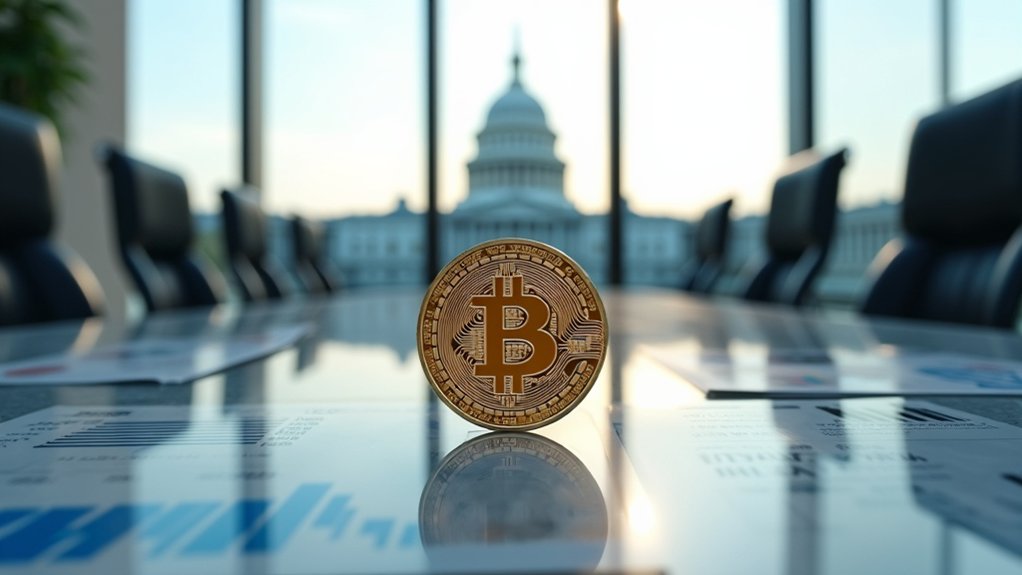Although political contributions by cryptocurrency proponents have become increasingly prevalent, the recent donation of 188.4547 bitcoins, valued at approximately $21 million, by the Winklevoss twins to the Digital Freedom Fund (DFF) Super PAC in August 2025 represents a seminal moment in the intersection of digital asset advocacy and U.S. electoral politics; this unprecedented crypto-backed contribution, strategically aligned with former President Donald Trump’s pro-crypto policies and aimed at reinforcing Republican congressional control during the 2026 midterm elections, underscores a concerted effort to influence regulatory frameworks by promoting deregulatory legislation such as the “Skinny Market Structure Bill,” consequently seeking to mitigate potential restrictions favored by opposing political factions while fostering an environment conducive to innovation and institutional growth within the cryptocurrency sector. This substantial infusion of capital into the political arena exemplifies the increasing sophistication and scale of crypto lobbying, demonstrating how digital asset stakeholders are leveraging financial influence to shape policy outcomes conducive to their commercial and ideological interests. The donation also highlights the growing role of blockchain technology in enabling secure and transparent political contributions.
The Winklevoss twins’ donation is situated within a broader strategic framework designed to solidify Republican dominance in Congress, thereby enabling the passage of legislation that reduces regulatory burdens on digital currencies and blockchain technologies; the DFF Super PAC’s targeted support for primary candidates who advocate crypto-friendly policies further exemplifies a tactical deployment of political influence to counterbalance anticipated Democratic efforts to impose stricter oversight. By prioritizing bills that emphasize deregulation and tax exemptions, such as the de minimis tax exemption on minor crypto gains, the initiative seeks to attenuate legal uncertainties and operational impediments for emergent crypto projects, including those akin to Bitcoin Hyper ($HYPER), thereby stimulating sectoral innovation and institutional adoption. The PAC’s efforts also include opposing central bank digital currencies, aligning with the broader crypto community’s commitment to decentralization. The donation represents the largest known crypto-backed PAC contribution in the current election cycle, highlighting its significance in political fundraising.
This political maneuvering reflects the maturation of crypto lobbying as a pivotal force within U.S. electoral politics, with the Winklevoss twins building upon previous contributions totaling millions of dollars to crypto-aligned campaigns and organizations, thus amplifying their capacity to affect policy deliberations. The Digital Freedom Fund’s establishment as a Super PAC exclusively dedicated to advancing digital asset interests marks a novel form of political activism, one that integrates cryptocurrency’s decentralized ethos with traditional mechanisms of political engagement, ultimately reshaping the nexus between financial technology and governance. Such developments underscore cryptocurrency’s evolving influence beyond finance into the realm of political power.









